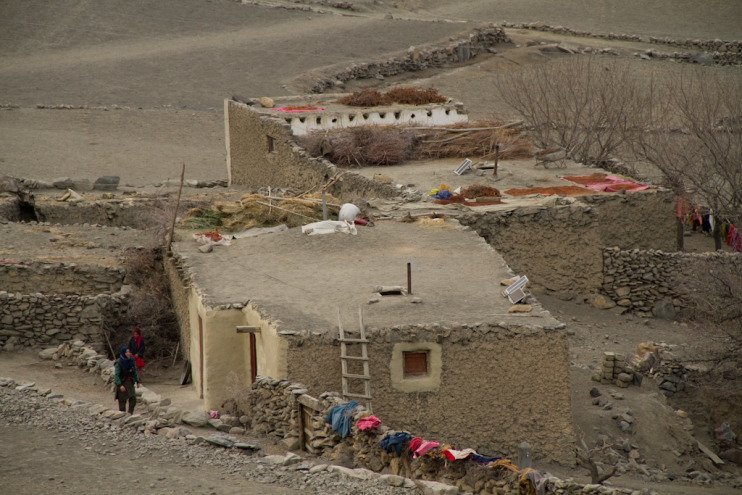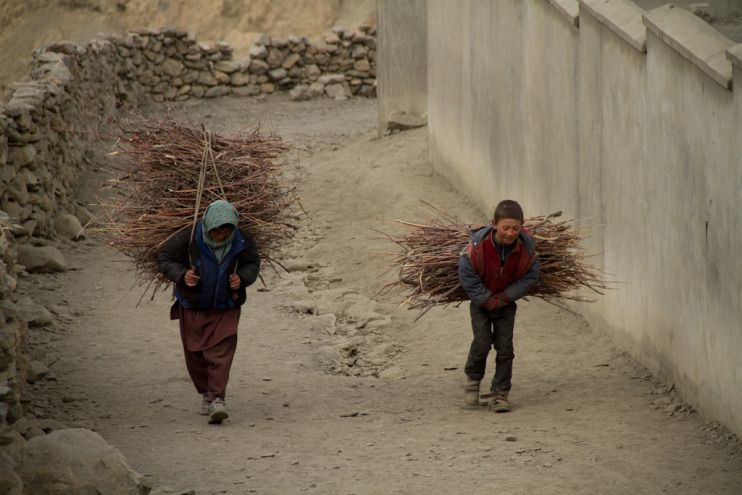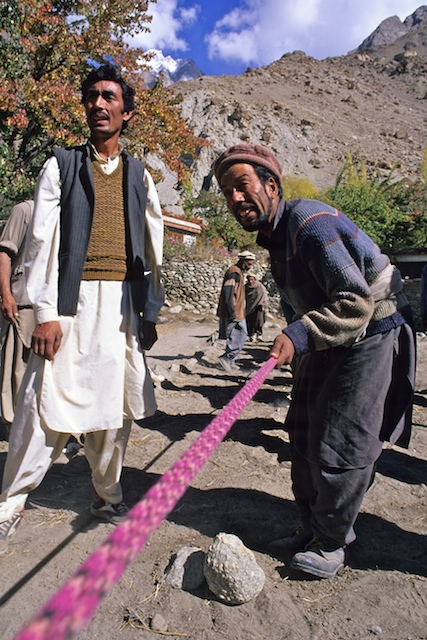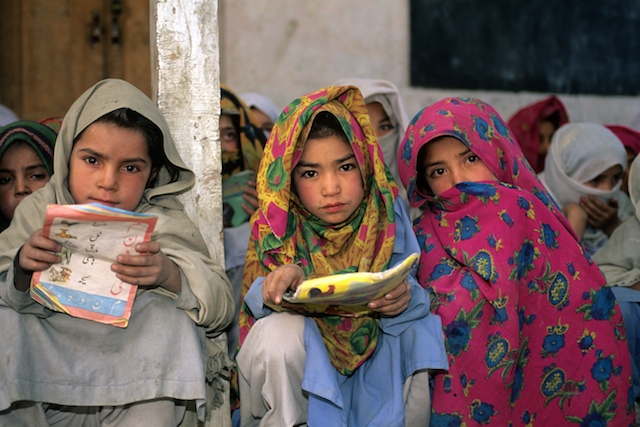Pakistan Winter Sport - Shimshal Live and Climbing School
 Monday, May 24, 2010 at 10:38AM
Monday, May 24, 2010 at 10:38AM  Kristoffer Erickson
Kristoffer Erickson 3. Shimshal Life - 2010 Pakistan Winter Expedition from Kristoffer Erickson on Vimeo.
Shimshal Climbing School: A School of Hope by Herve Barmasse
Throughout the history of Himalayan alpinism one constant links all of the expeditions: the work of the porters. With great professionalism and commitment, adopting whatever means are required of a situation, the porters help realize the dreams of many passionate alpinists.
As it took place in the Alps in the 1700’s, here in the Karakorum, this population of highlanders, experts with vast knowledge about their land, will become the future professionals of the mountains, the future mountain guides.
It is a history which repeats itself, to which we can contribute. We are seeking to hasten this process slightly by allowing some mountain families to live briefly off the tourism our expedition brings to their valley.
Shimshal Valley, 23/25 January 2010.
It’s the second time I have come to Shimshal. The first was with Simone Moro in the summer of 2008. It was Simone who got me involved in the Shimshal Climbing School.
The reality of the Shimshal Climbing School is something quite rare, if not non-existent in other parts of Pakistan. In fact, this mountaineering school even allows the active participation of women.
After the big scare, we dedicated a number of days to the school with theoretical and practical lessons on knots, tying in, anchors, and climbing on ice. New technical equipment supplied by Kong was presented, we watched films on mountains and, thanks to the collaboration of Dr. Marco Cavana, there were lessons on how to intervene in cases of altitude sickness.
Forty students took part in the lessons. Twelve of these were smiling young women, with curious gazes, rosy complexions and hands roughened by work in the fields and from the bad weather. They were seated before me and I couldn’t help but look curiously at their expressions as they tried to understand the use of expansion camming units. I was moved by a feeling of tenderness and hope. Perhaps in the near future one of them will climb K2 and create a new chapter in the history of Pakistani alpinism.
4. Shimshal Climbing School - 2010 Pakistan Winter Expedition from Kristoffer Erickson on Vimeo.
The process for emancipating women in Pakistan started long ago, but the reality is still far from what can be defined as equality. The majority of women in Pakistani society are deprived of fundamental human rights. For now, equality between men and women remains an illusion.
Only in the last few years have we caught a glimpse of some concrete changes: women study, go to university and, thanks to the Aga Khan Foundation, primarily here in the Baltistan Gilgit region, women can assume defining roles in changing this country.
 Climbing,
Climbing,  Herve Barmasse,
Herve Barmasse,  School,
School,  Shimshal Valley in
Shimshal Valley in  Climbing,
Climbing,  Pakistan
Pakistan 


